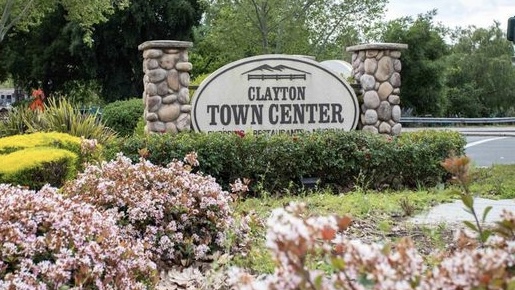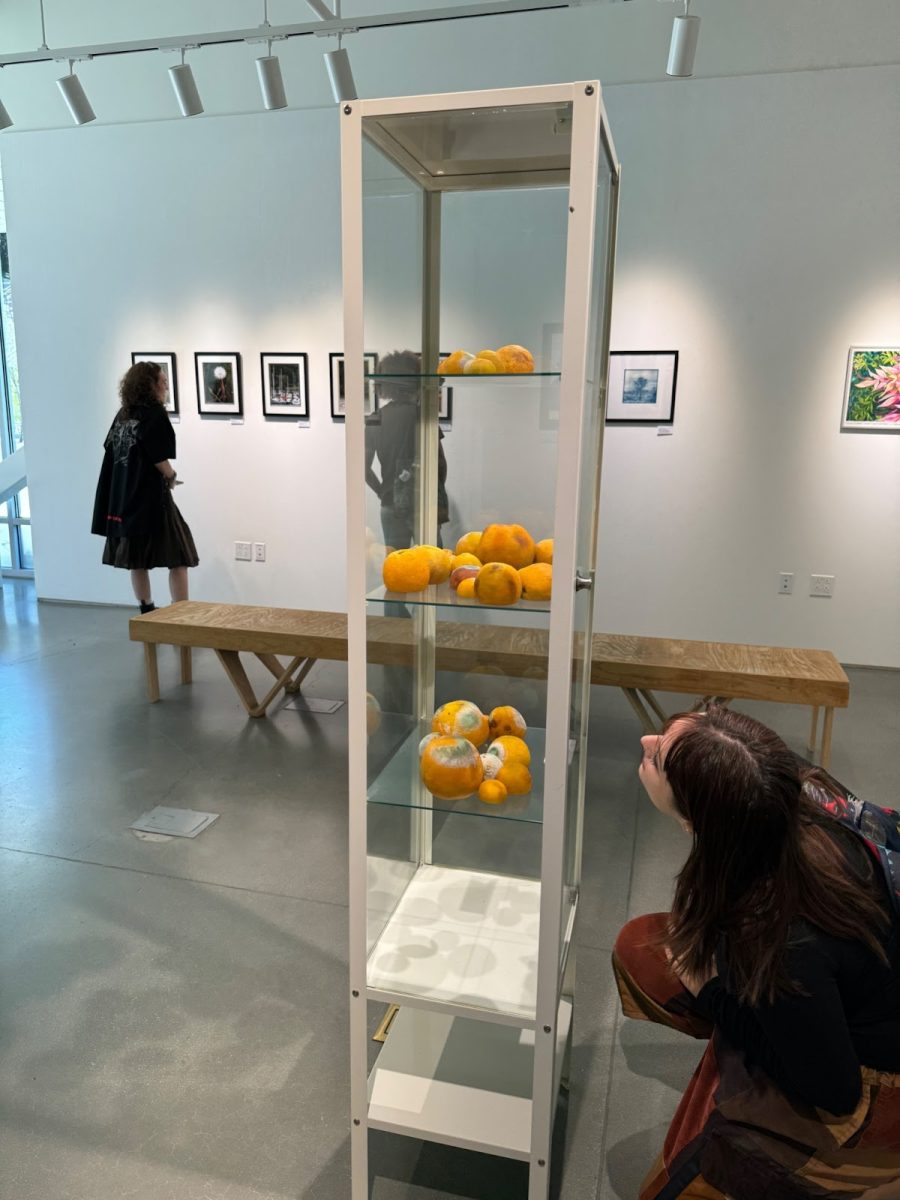February has come and gone and I can’t help but feel that we have let another Black History Month go by without doing what we were supposed to do.
Where is the appreciation for the history of a race of people who, not only endured the horrors and hardships of slavery, but also worked hard (and were underpaid, if paid at all) to build one of the most powerful infrastructures that this world has ever seen?
Our country has certainly come a long way since Carter G. Woodson first established what was then called Negro History Week in 1926. Since then, African Americans have experienced waves of civil rights movements – from the Harlem Renaissance to the Civil Rights movement of the 1960’s and 70’s, to the Afrocentrism movement of the 1980’s.
But since then, the movement to promote African American history seems to have lost momentum.
Besides a few Facebook memes featuring quotes that may, or may not, have been said by Dr. Martin Luther King, Jr. and a few television shows that featured African Americans instead of the usual Caucasian-centric casts, I didn’t see a lot of changes in the way Americans were doing things or thinking about things in light of Black History Month.
George Orwell once said, “The most effective way to destroy people is to deny and obliterate their own understanding of their history.”
That, of course, assumes that these people were even taught an account of their history.
I learned that our country kidnapped and enslaved millions of Africans, subjecting them to physical, psychological and sexual abuse while denying them freedom, dignity and the opportunity to receive an education.
I also learned of the biographies of Harriet Tubman, Frederick Douglass, Rosa Parks, Dr. Martin Luther King, Jr. and Malcom X – five African American individuals whose courage, intelligence and ingenuity allowed them to achieve great progress for all Americans.
The thing is, if African Americans are now equal to Caucasians, then why aren’t their contributions regarded as equals to those of their Caucasian counterparts?
It is important to learn about the cruelty of slavery. But to leave the subject of slavery at that is to deny a race of people the credit that they deserve for contributing in a significant way to the economy that we have – an economy that has allowed our country to exist as an independent democracy.
A few months ago, I watched a four-part miniseries on the History Channel called, “The Men Who Built America.” It was about Cornelius Vanderbilt, John D. Rockefeller, Andrew Carnegie, J.P. Morgan and Henry Ford and how their ideas contributed so much to the Industrial Revolution that their successes built the financial foundation for America’s success as a nation.
But the Industrial Revolution would have never taken place if it wasn’t for underwriters. Where and how did these underwriters come up with so much cash?
The answer is that the underwriters who supported the Industrial Revolution that “built America” got most of their money from the hard work and suffering of millions of slaves. Slavery and the fruits of its labor created the empires that are now the backbone of our modern economic system.
The slave trade was a world-wide affair. The infrastructure – the ships, the ports, the hotels in the port cities, the restaurants, the roads from cities to other cities – most of these things were built by slaves.
Americans would never have had money, had it not been for all of the unpaid hard work that African American slaves did for generations. The cotton that was raised in the South and sent to the textile mills in the North, where it was spun into thread and woven into fabrics that were sent all over the world would never have thrived if African Americans had been paid fairly for their work.
In the book titled, “Introduction to Black Studies,” (University of Sankore Press, Los Angeles, 1982), Dr. Maulana Karenga writes:
“Black history is a contribution to an indispensable part of the rescue and reconstruction of Black humanity. For history is the substance and mirror of a people’s humanity in others’ eyes as well as in their own eyes. It is then, not only what they have done, but also a reflection of who they are, what they can do, and equally important what they can become as a result of the past which reveals their possibilities.”
American culture has dropped the ball when it comes to celebrating Black History Month the way that its founder, Carter G. Woodson, intended it to be celebrated. I don’t think that our culture is measuring up to the expectations that Dr. Maulana Karenga has challenged us with.
Our country should be indebted to the lives of the people whose great ideas and hard work have let us enjoy the freedoms and luxuries that we have been so fortunate to have inherited. And many of these lives were lived by slaves. Many of them were lived by poets and jazz musicians during the Harlem Renaissance. Many of them are being lived right now. Let’s learn a thing or two and celebrate the strength that we pride ourselves in having as a nation.






































































